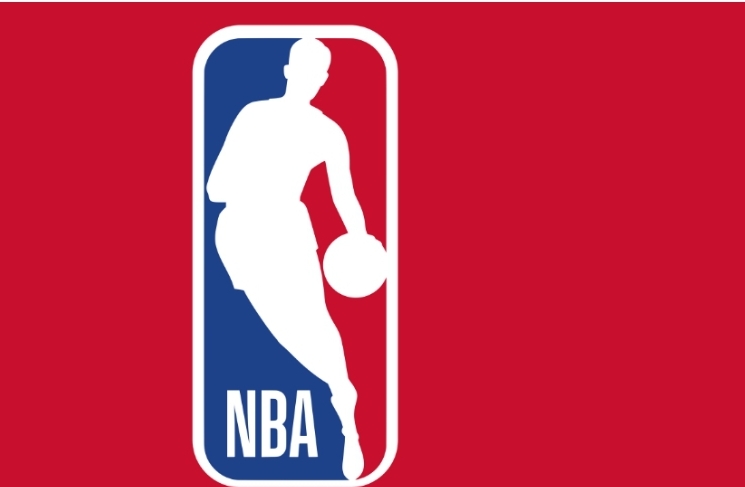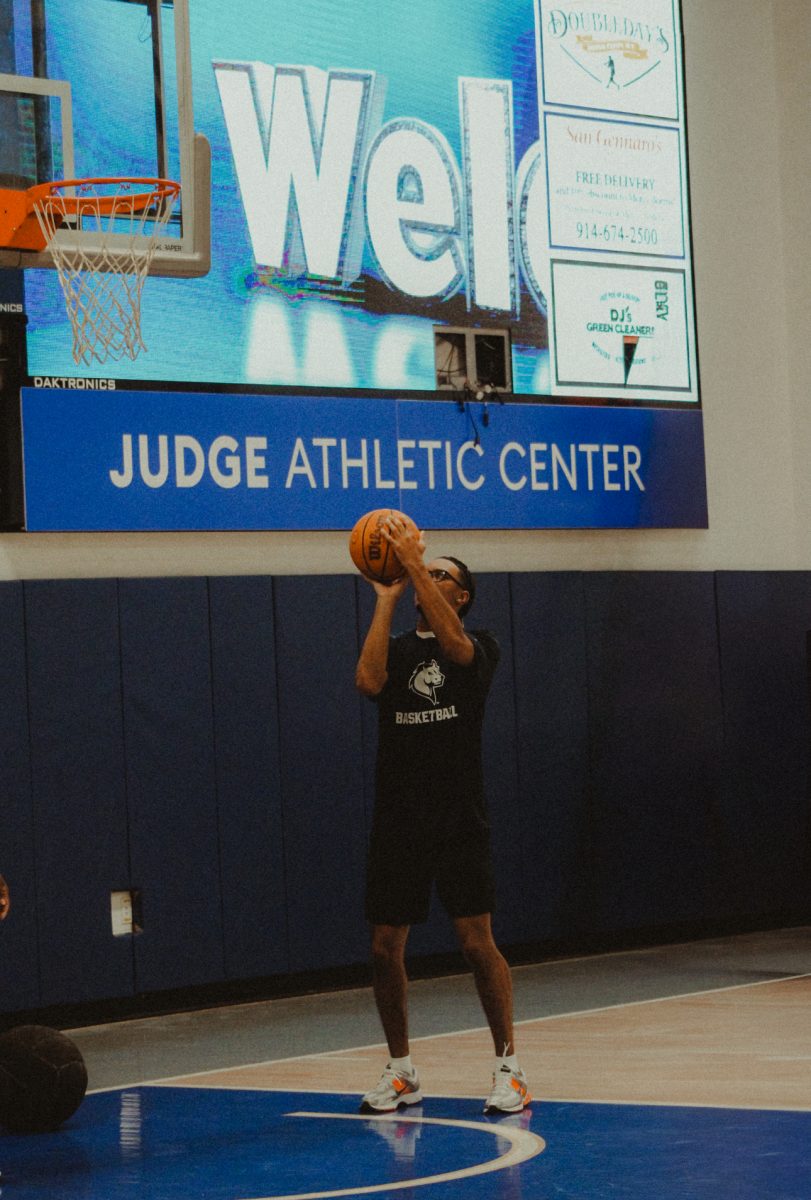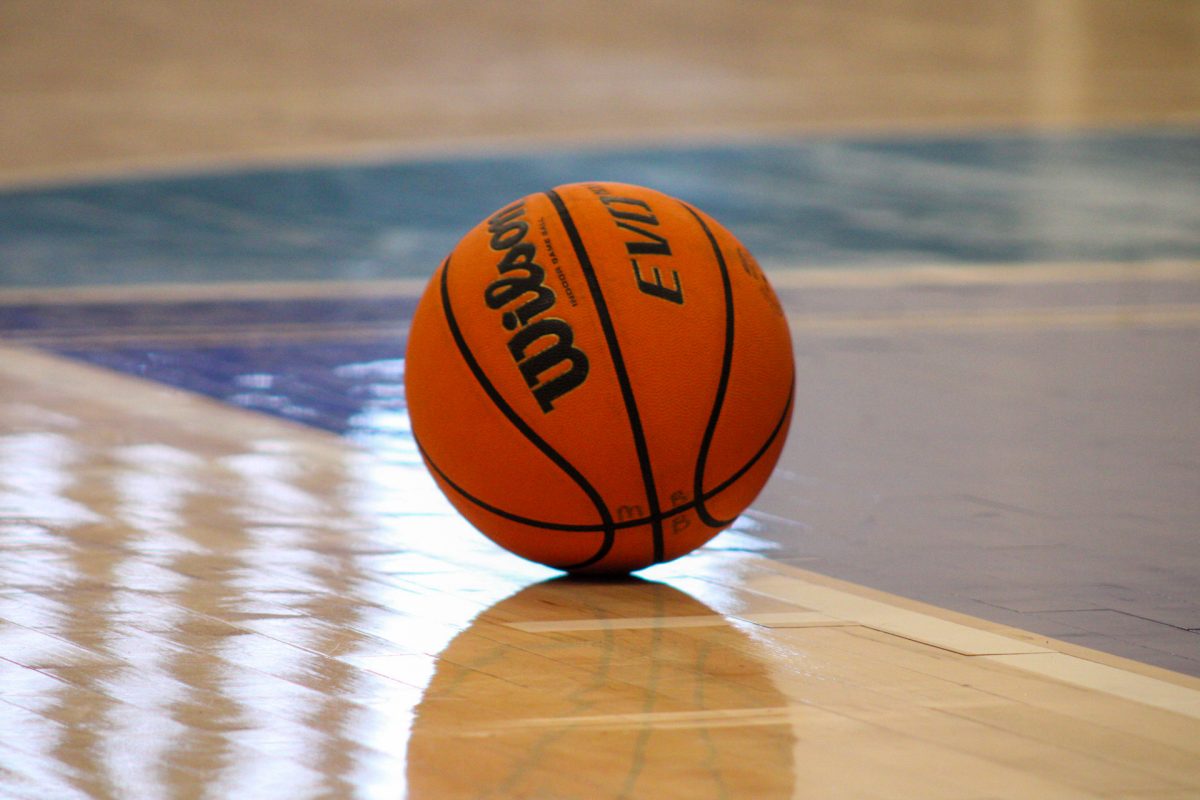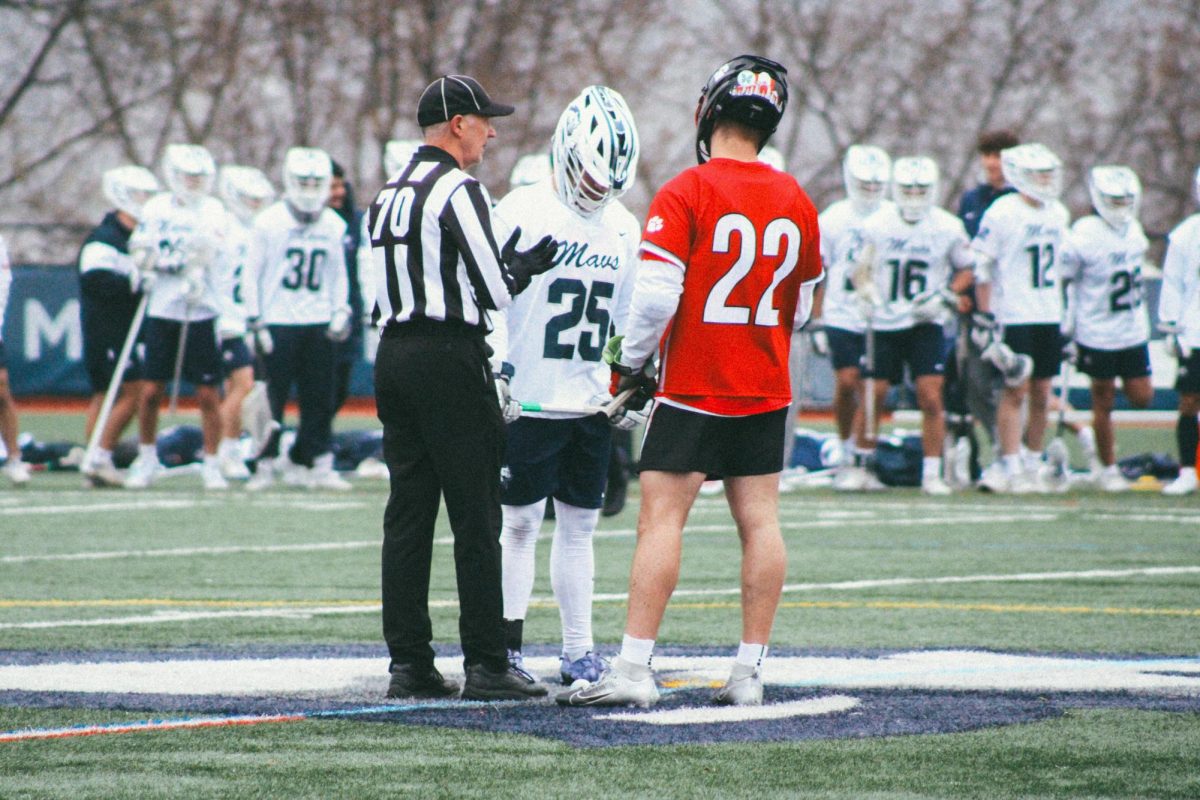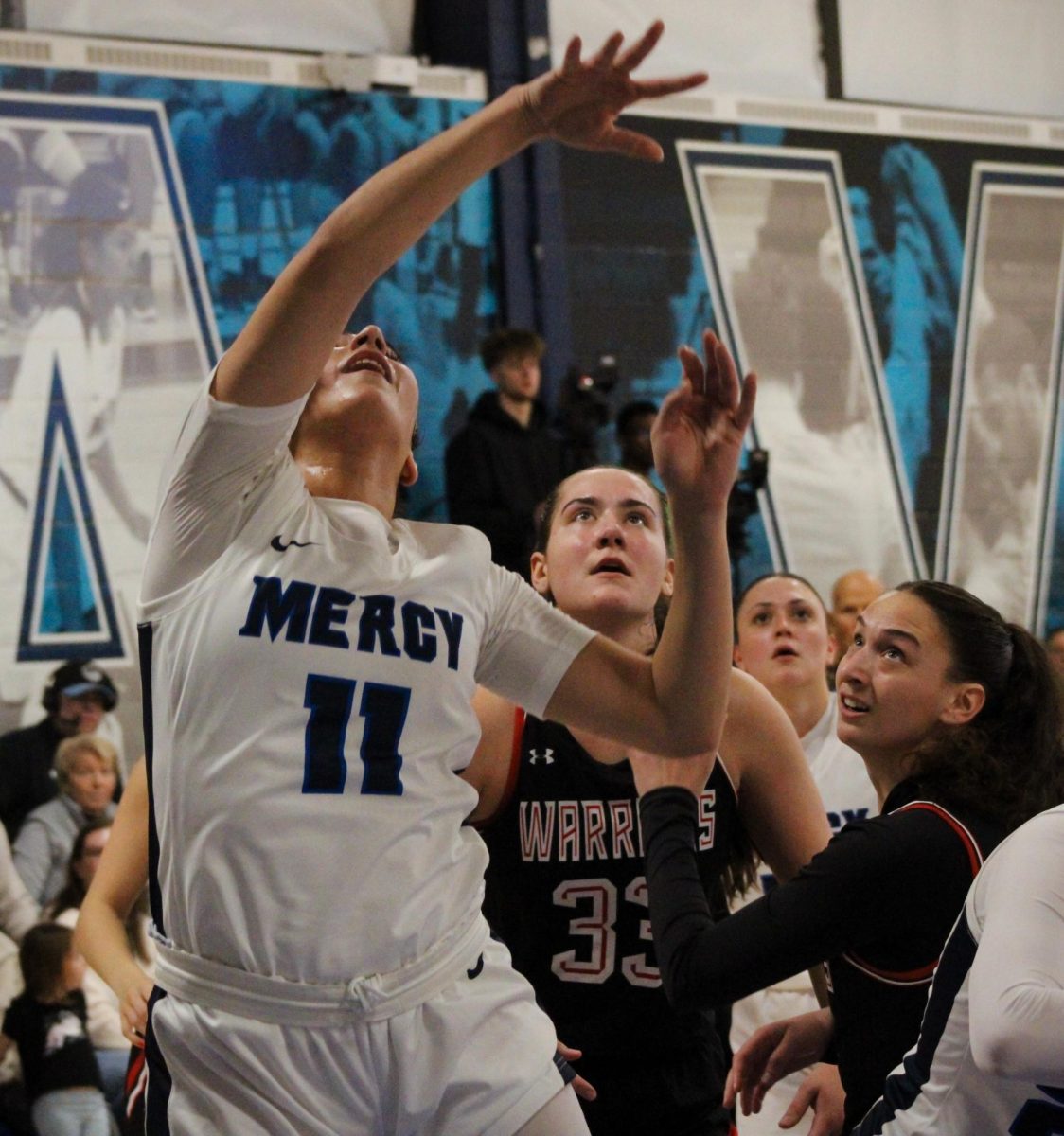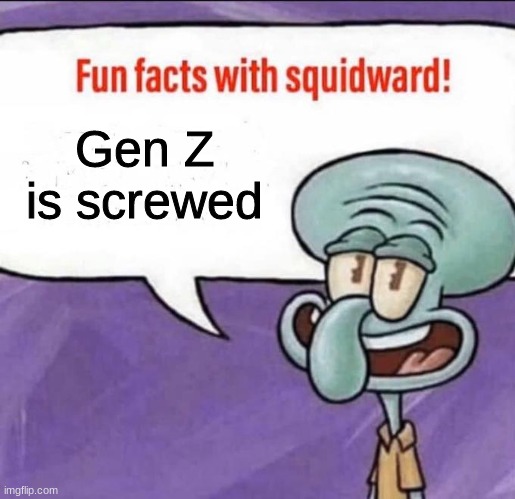The point guard on the basketball court, like the quarterback on the football field is the lead general in battle. Basketball is truly a positionless sport. The designated roles are designed to explain the nuances of the game to a novice. In a five-on-five contact sport the movement of players in unison is what creates poetry in motion. Some players have a knack for scoring. Others bring different characteristics to the table such as brute strength or high energy. The point guard is the individual that directs traffic. An extension of the coaching staff on the court. Some are good at this task, and there are those that exemplify a different level of understanding.
The Top Five Point Guard’s in NBA History
1. Earvin Magic Johnson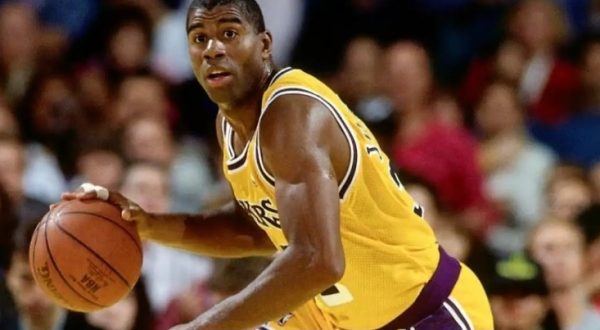
Johnson was a terror to defend. His 6’9″ frame gave him the ability to see over defenders on the fastbreak while dishing the ball to his insanely athletic Los Angeles Laker teammates. The Lansing, Michigan native led the Lakers to five NBA Championships during the 1980s. Before Johnson, a player that size was relegated to playing on the low block. Johnson revolutionized the game in so many ways. He ranks seventh all-time in assist with 10,141. Had he not been forced into early retirement in 1991, he’d probably be closer to number one. Johnson won a Michigan State championship at Everett High School in 1977, an NCAA championship at Michigan State in 1979 and an NBA championship with the Lakers in 1980. All this winning took place in the span of four years. True point guards lead to wins, something Johnson did everywhere he went.
2. Stephen Curry
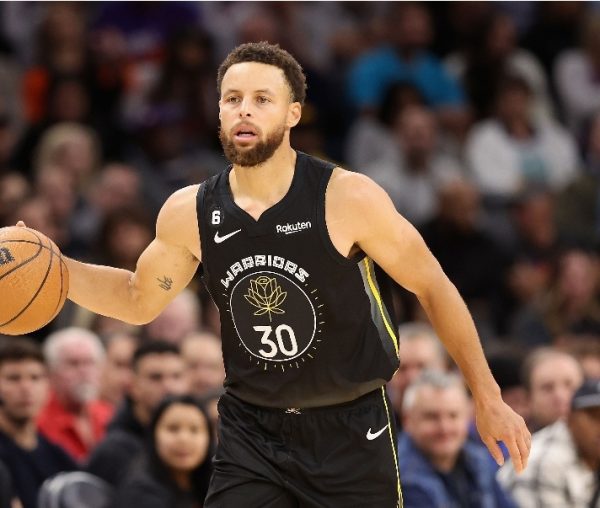
Curry is not a traditional point guard. Some would go as far as saying Curry is more of shooting guard. Combo guard could be the best way to put it. Fact is, a point guard was always viewed as the individual looking to get others involved. Curry’s 6.4 assist per game is a testament to his playmaking ability. However, Curry has and always will be a sniper. He’s the NBA’s all-time leader in threes for a reason. Curry is the lead orchestrator for an organization that’s won four NBA Championship’s since his arrival. As of today, he’s racked up 6,119 assists in his career, which isn’t shabby by any means. Curry also has earned to the right to say he captained the winningest team in league history in 2016 going 73-9. He’s been named league MVP on two occasions and won Finals MVP in 2022. The Golden State Warriors are the best team since Jordan’s Chicago Bulls. Curry’s leadership is a big reason why.
3. Isiah Thomas
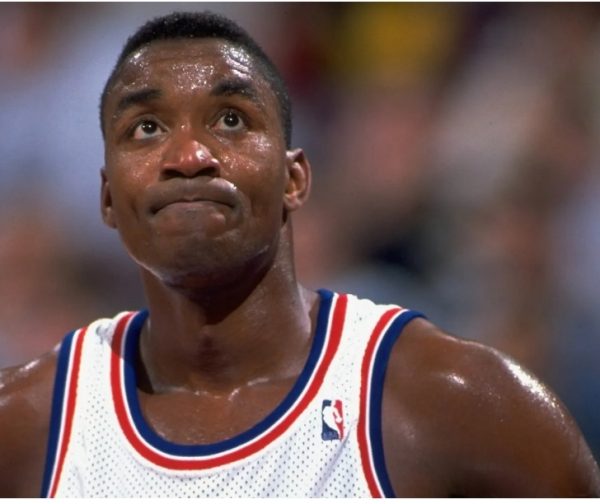
One of the most controversial figures in NBA history. Thomas’s love for the game of basketball was on full display every time he touched the court. Thomas, like Johnson captured an NCAA Championship in 1981 while playing for Bobby Knight at Indiana and as a member of the Detroit Pistons in 1989 and 1990. Unlike Johnson, Thomas had to scratch and claw his way to supremacy in the NBA. The Pistons road to back-to-back titles took years to put together. Thomas was the lead man on one of the toughest, defensive minded teams the league has seen to date. The Chicago native was a wizard with the rock. His ball handling skills were second to none. The Kyrie Irving’s and Allen Iverson’s of the world can point to Thomas as one of the original street ballers to bring that element to the pro game. Thomas once famously threw two bounce-passes that turned into lobs to Dominique Wilkins in a charity game. “Zeek” as he was called seemed to have eyes in back of his head. His crossover dribble was tight and compact, not wide and sometimes dangerous like other guards. Thomas finished his career with 9,061 assists, good for 10th all-time. Passing, dribbling and shooting were all familiar to Thomas’s skill set. In game six of the 1988 NBA Finals, Thomas put on one of the most infamous performances in finals history, scoring 25 points in the third quarter. Thomas did all this while suffering from a severely sprained left ankle. The performance was indicative of what Thomas is remembered for, toughness and leadership.
4. Oscar Robertson
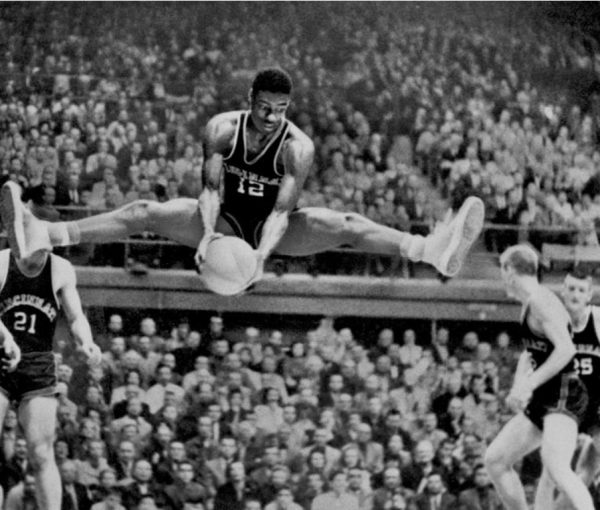
Robertson is considered by many the to be the first great point guard in NBA history. He was a nightmare to defend during his day. Robertson was the first big guard to dominate with his back to the basket. He ranks second all-time with 181 triple doubles 50 years after his playing days came to an end. Robertson was most certainly before his time. During the 1962 season, Robertson’s second in the NBA he averaged 30.8 points, 11.4 assist and 12.5 rebounds. This would be the last time a player averaged a triple-double in a season until Russell Westbrook in 2017. Robertson finished top five the MVP race on 10 occurrences. He won the award in 1964. Based on Robertson’s numbers one could make the argument he should have won MVP on more than one occasion. In 1971 Robertson teamed up with Lou Al Cindor (Kareem Abdul-Jabbar) to win an NBA Championship with the Milwaukee Bucks. Westbrook, Johnson, Jason Kidd, Gary Payton and Luka Doncic are all along a line of big guards that started with Robertson.
5. John Stockton
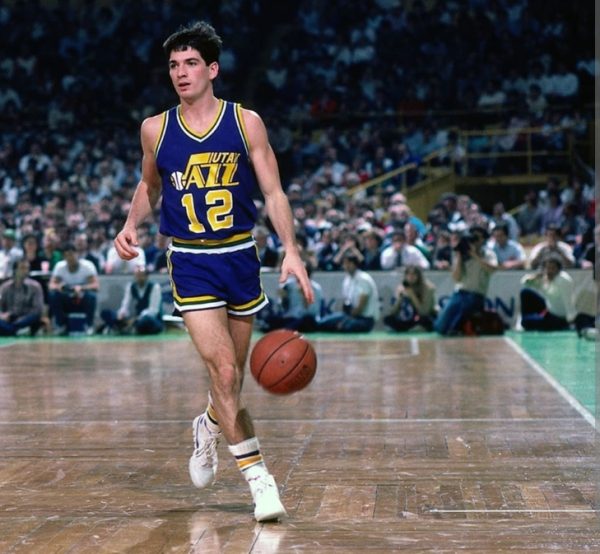
Stockton was the quintessential point guard during his time running the show with the Utah Jazz. Stockton never won a championship, which is an easy deterrent towards his legacy. But if you look past that one nagging all important lack of a ring, you have a player that executed his role to perfection. Stockton is the all-time leader in assist with 15,806. The closet to this remarkable number is Kidd with 12,091. Chris Paul is the active leader with 11,894. Paul’s career is winding down, which means Stockton’s record is safe for the time being. Stockton and Karl Malone perfected the pick-and-roll like no other. Malone is the third leading scorer in NBA history with 36,928 points, Stockton is a huge reason why. Stockton was the epitome of toughness. He played 82 games 12 times during his career. Stockton was the NBA’s version of Cal Ripken Jr. One thing you could always count on was Stockton being ready to play. In today’s NBA Stockton could easily contend for an MVP award. After becoming a regular starter in 1987, Stockton shot over 50 percent from the field 12 times. That’s an example of consistency over an extended period of time. If given the opportunity to shoot more Stockton could have definitely been one of the more notable players in league history.



